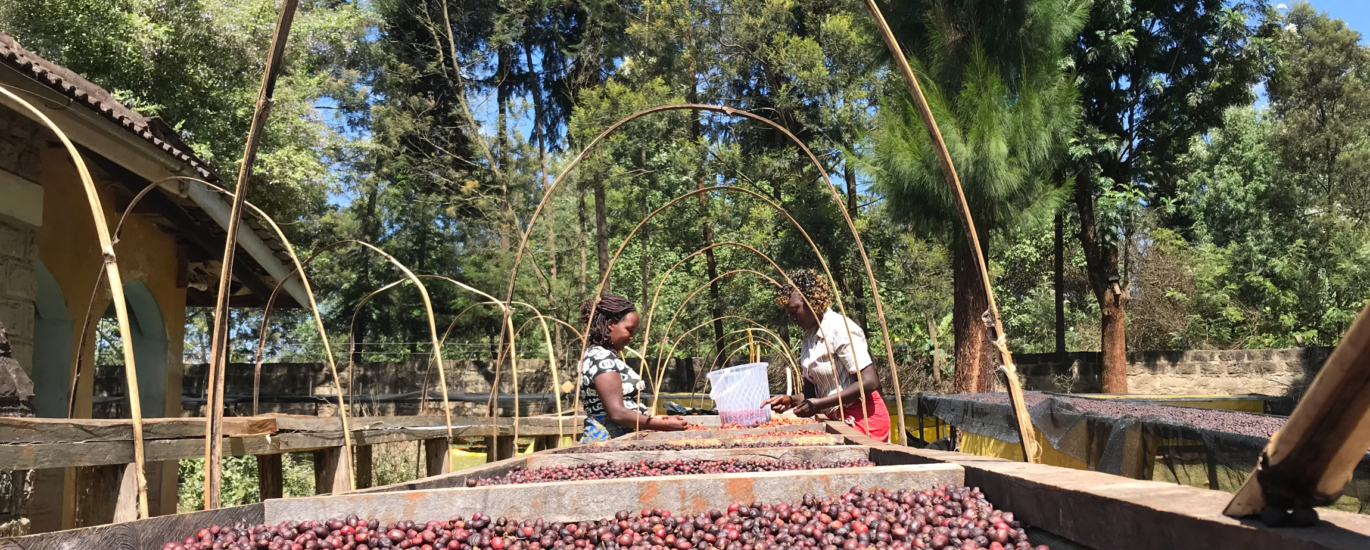Unfermented naturals
With the order for naturals in, Women North of the Rift got down to business.
One of them, Ms Jane Kamau, says: “I’ve been a coffee farmer since 2017. When I started off, most buyers just wanted fully washed coffee. But in the last three years, we have got into a contract as Women North of the Rift and buyers needed natural and anaerobic coffees.”
Ms Kamau was addressing women in the coffee value chain during the International Women’s Day in March 2024.
“When you do Naturals, first of all, it is important to have an order, because if you take it to the millers, normally they mill it as mbuni,” she says.
In the business of producing naturals, precision is crucial. Unlike washed coffee, where cherries are pulped before processing, she adds, naturals skip this step. Cherries are picked directly from the farm and laid out to dry. However, achieving quality beans requires meticulous attention to detail.
“In our group, we segregate resources for picking cherries and processing naturals to ensure only fully ripe cherries are selected. They must be fully red all through. No dot of green or yellowish in them. These cherries are soaked briefly in water to separate the under-ripe or overripe ones. Then, they’re dried on beds, ensuring each cherry is inspected for defects.”
The soaking is not fermentation but a means to separate the lower-grade cherries.
“We soak them so that the lower grade, the under-ripe or overripe can come up. What remains below is the quality coffee for naturals. The rest of the coffee is taken for pulping, as it is still good coffee,” she says.
Buyers specify drying periods for naturals, typically 16 to 20 days. Unlike fully washed coffee, naturals retain the cherry, necessitating longer drying times. During drying, cherries must be spread thinly to prevent bacterial contamination. Properly dried naturals exhibit a shiny, brown appearance due to retained sugars.
“As you take the cherries to the drying bed, you have to pick up any defects. Maybe the skin has come off or you can see there’s a hole there. We separate that. You must pick a fully red cherry without any defects and lay it on the table,” she says.
“It is imperative not to stack the cherries on the drying bed. Each cherry is laid out individually to prevent damage and ensure optimal drying. Any discarded cherries are diverted to the pulping, ensuring that nothing goes to waste.”
During drying, the cherries are initially exposed to direct sunlight for three to four days. This is followed by shade drying to prevent contamination. Later, the cherries are moved back into sunlight under a net, avoiding direct exposure.
There are various experiments in natural coffee production, such as extended fermentation or adding yeast or fruits for flavour infusion. Buyer specifications guide these experiments to enhance quality.
Naturals command better margins compared to fully washed coffee. Despite differing processing methods, naturals often require less labour, resulting in favourable returns for farmers.
Flavour Profile: Natural process coffees often have a heavier body, more pronounced sweetness, and complex fruity flavours due to the extended contact between the beans and the fruit during drying.
d

